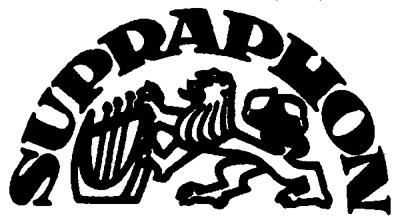馬替努: 花束 布拉格廣播交響樂團 / Prague Radio Symphony Orchestra / Martinu: Bouquet of Flowers - Novak: Philharmonic Dances
|
Bohuslav Martinů and Jan Novák shared similar fates - both of them left their country and wandered around the world. The two composers also had a relationship as a teacher and pupil. Novák referred to his studies with Martinů in New York in 1947 as having had a major impact on his development as a music creator and human. Martinů's influence is palpable in Novák's Philharmonic Dances (Choreae Philharmonicae, 1956), three symphonic fantasies that provide wide scope for showcasing the virtuosity of both the soloists and the groups of instruments. The present recording of the work (the very first made in a studio) helps us to pay off our great debt to Novák, an artist who gave preference to being a "free exile" against having to breathe the oppressive air in his homeland, reigned over by a dictatorial regime. The album's centrepiece is a new account of Martinů's Bouquet of Flowers, a landmark recording of which was made in 1955 by Karel Ančerl, conducting the Czech Philharmonic. The composer never got to hear the piece performed in public yet he had the chance to listen to the gramophone record sent to him at his friend's house at Schönenberg, where he had found a temporary home. Some 60 years later, the Bouquet of Flowers has now been let blossom in its entire beauty by Tomáš Netopil, one of the most distinguished contemporary Czech conductors. Drawing upon traditional Moravian songs as the major and irreplaceable source of inspiration, one that had a marked influence on his singular musical idiom, Martinů solely based his Bouquet of Flowers on folk ballads - and the performers have duly approached it with the loving care and tenderness of seasoned gardeners.
|
編號 |
曲目 |
長度 |
作詞 |
作曲 |
演奏 |
樂團 |
演唱 |
指揮 |
試聽 |
|---|

-228x228.jpg)

